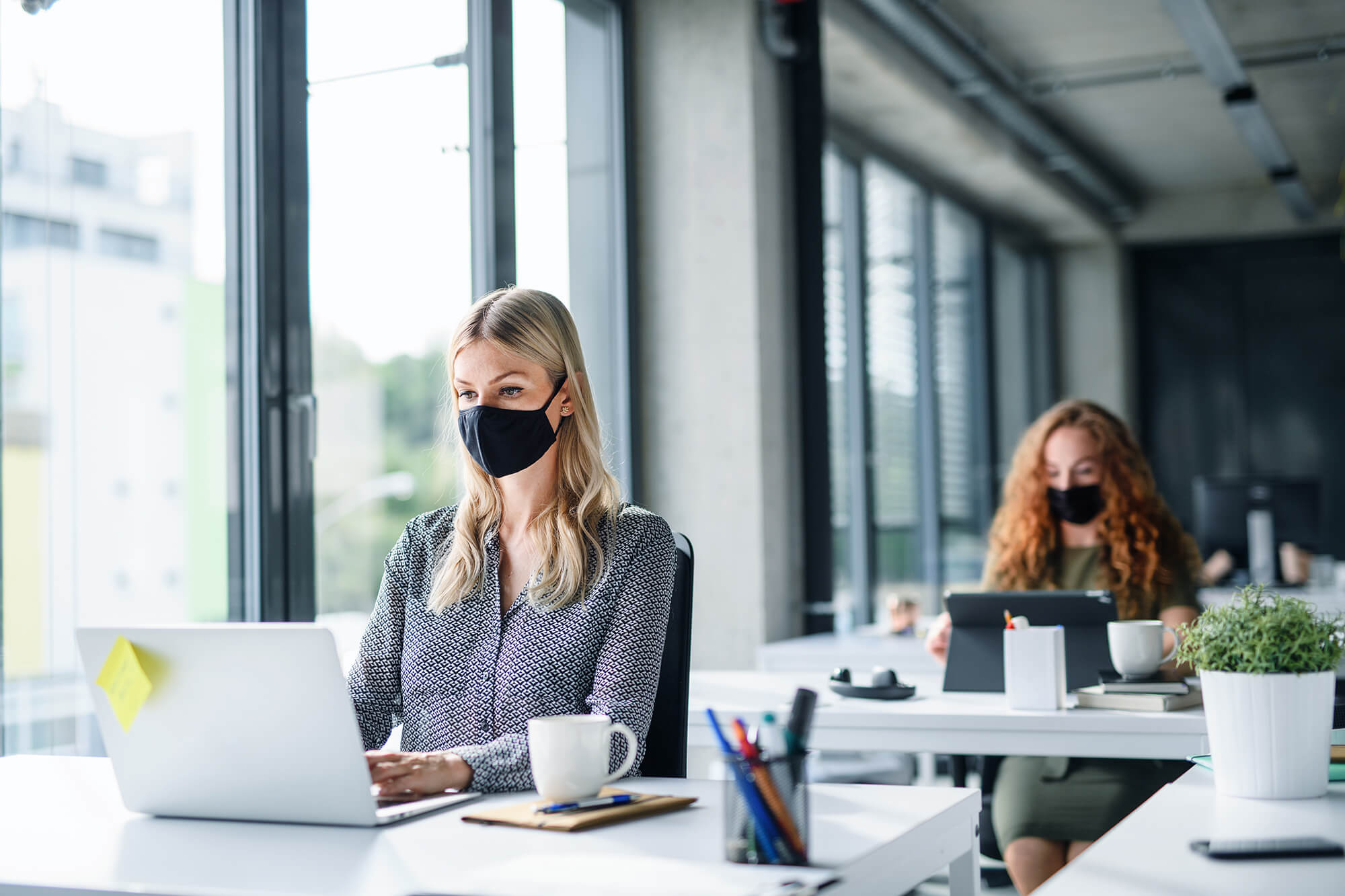The German government’s plans and actions to address the Corona pandemic this fall and winter are becoming more concrete: On September 8, 2022, the German parliament passed new measures aimed at fighting Covid-19 this fall. This includes rewriting the SARS-CoV-2 Occupational Health and Safety Regulation (the “Regulation”), which is scheduled to take effect October 1, 2022 through April 7, 2023.
Contrary to initial plans, the new SARS-CoV-2 Occupational Health and Safety Regulation does not explicitly require employers to offer employees the option of working from home (as reported). Instead, the Regulation provides for familiar measures to contain the risk of infection with the Corona virus:
1. Protective Hygiene Concepts
As in the previous fall and winter seasons, employers must examine and determine suitable protective measures to prevent corona infections as part of their company hygiene concept. In this context, compliance with the familiar hygiene rules (keep your distance, pay attention to hygiene, wear face masks in everyday life) and regular ventilation shall be considered. Moreover, the number of people in contact with each other during operation should also be reduced, for example, by ensuring that no more than one person is using the respective premises at the same time.
Although the Regulation does not explicitly require employees working from home office, employers must at least consider whether they can offer employees the opportunity to work from home.
2. Test Offers
For employees who cannot work exclusively in a home office, employers must consider offering free testing opportunities as part of their company hygiene concept. However, the Regulation does not stipulate a general obligation to provide testing opportunities.
3. Face Masks
Face masks will yet again be required wherever other measures to contain the risk of infection are not feasible or not sufficient, for example, if minimum distances cannot be maintained. In these cases, employers must provide medical face masks or respirator masks.
4. Vaccinations
The Regulation also contains familiar requirements on the subject of vaccinations: employees must be informed about the health risks in the event of a corona disease and about the possibility of protective vaccinations. In addition, employers must ensure that employees can attend an appointment for such a vaccination during working hours. If vaccinations are carried out by company doctors on site, employers should support them in terms of personnel and organization.



